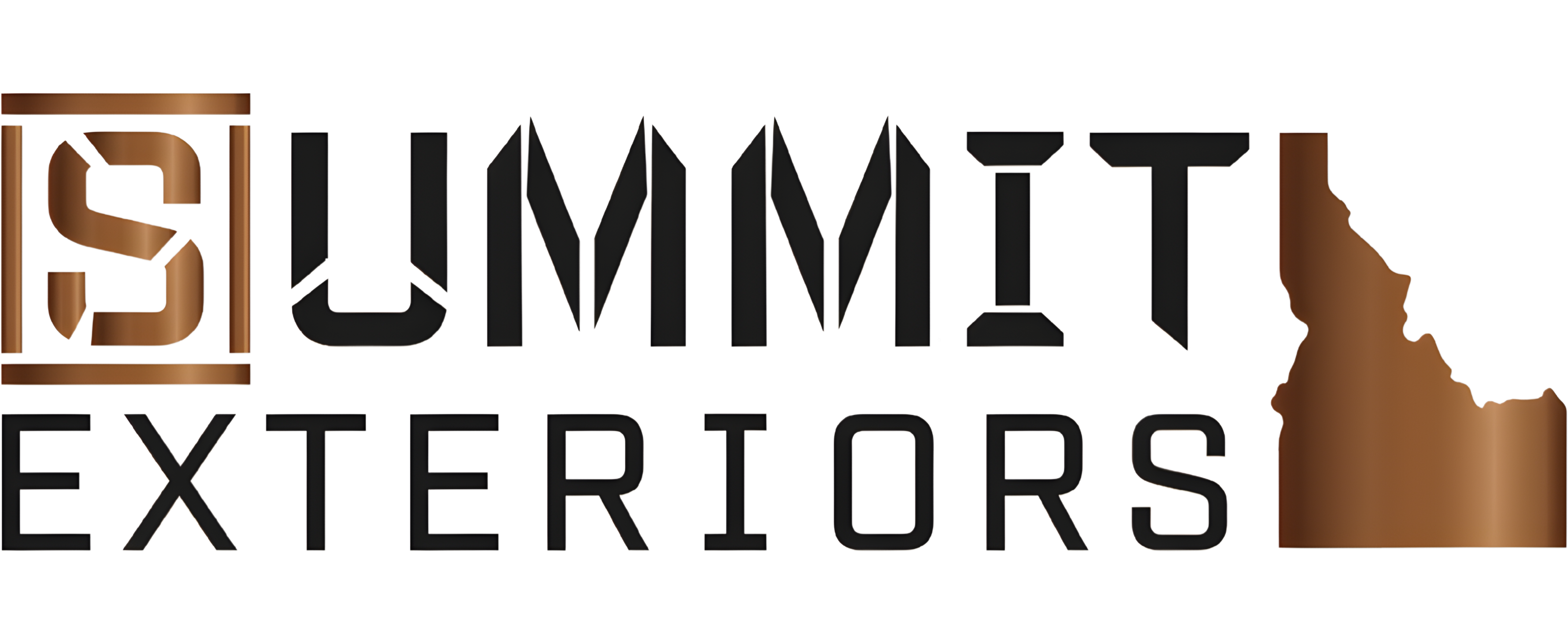Roof inspections are a crucial aspect of home maintenance, ensuring your property remains in top condition through the seasons. By adopting a systematic approach to inspecting your roof, you can identify potential issues early, extend the lifespan of your roofing materials, and maintain the structural integrity of your home. This detailed guide provides homeowners with a structured checklist to conduct thorough roof inspections with precision.
Initiate with a Safety Review
Before beginning any roof inspection, prioritize safety. Equip yourself with the appropriate safety gear, including non-slip shoes, gloves, and protective eyewear. Consider using a sturdy ladder with a stabilizer, and never attempt to inspect your roof alone. If you are not comfortable performing the inspection yourself, enlist the services of a professional.
Clear and Clean the Roof
Start your inspection by removing debris from the roof surface. Winter storms and autumn leaves can leave branches, leaves, and other debris that may obstruct your view and create potential hazards. Use tools like a soft broom or a leaf blower to gently clear the roof, taking care not to damage the shingles. This initial step helps in preventing moisture retention and organic growth that can degrade roofing materials.
Conduct a Detailed Surface Inspection
Examine the roof surface meticulously. Look for signs of wear and tear such as cracked, missing, or curled shingles. Assess the condition of metal flashings around chimneys, vents, and valleys as these are common areas for leaks. Also, check for moss, algae, or fungal growth, which can undermine the integrity of the roof over time. Addressing these issues promptly can prevent more extensive damage later.
Inspect for Water Damage and Leaks
Water damage can manifest in various forms on your roof. Check for any signs of water penetration, including stains or mildews on the underside of the roof deck, visible from the attic. Inspecting after a rainstorm can also reveal active leaks that need immediate attention. Ensure that all penetrations and junctions are sealed properly to prevent water ingress.
Review Structural Components
Beyond the roof surface, it's vital to inspect structural components such as rafters and trusses for integrity. Look for any signs of sagging or deterioration which might indicate underlying problems. Check the condition of insulation and ventilation systems in the attic as these play a crucial role in maintaining the roof’s health by regulating temperature and humidity levels.
Evaluate the Roof's Lifespan and Maintenance History
If you have access to records of past inspections and repairs, review them to track the roof’s condition over time. Knowing the age of the roof and the materials used can help you estimate its remaining lifespan and anticipate when a replacement might be necessary. For residents of North Idaho, companies like Summit Exteriors, known for their dedication to quality and honesty, offer expert evaluations and maintenance services that can significantly extend the life of your roof.
Plan for Repairs or Upgrades
Based on your inspection findings, formulate a plan to address any issues. Prioritize repairs based on severity and potential for further damage. Regular maintenance, such as resealing joints and replacing damaged shingles, can effectively prevent minor issues from escalating into major problems.
Conclusion
Regular roof inspections are essential for maintaining your home’s health and can prevent costly repairs. By following this comprehensive checklist, you can ensure your roof remains in excellent condition, safeguarding your home against the elements. For expert assistance, consider reaching out to local professionals who specialize in roofing solutions, ensuring your home receives the highest standard of care.



